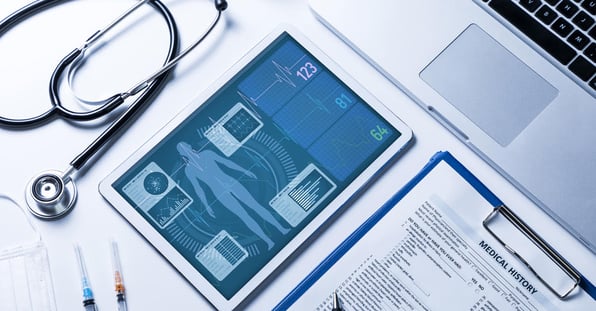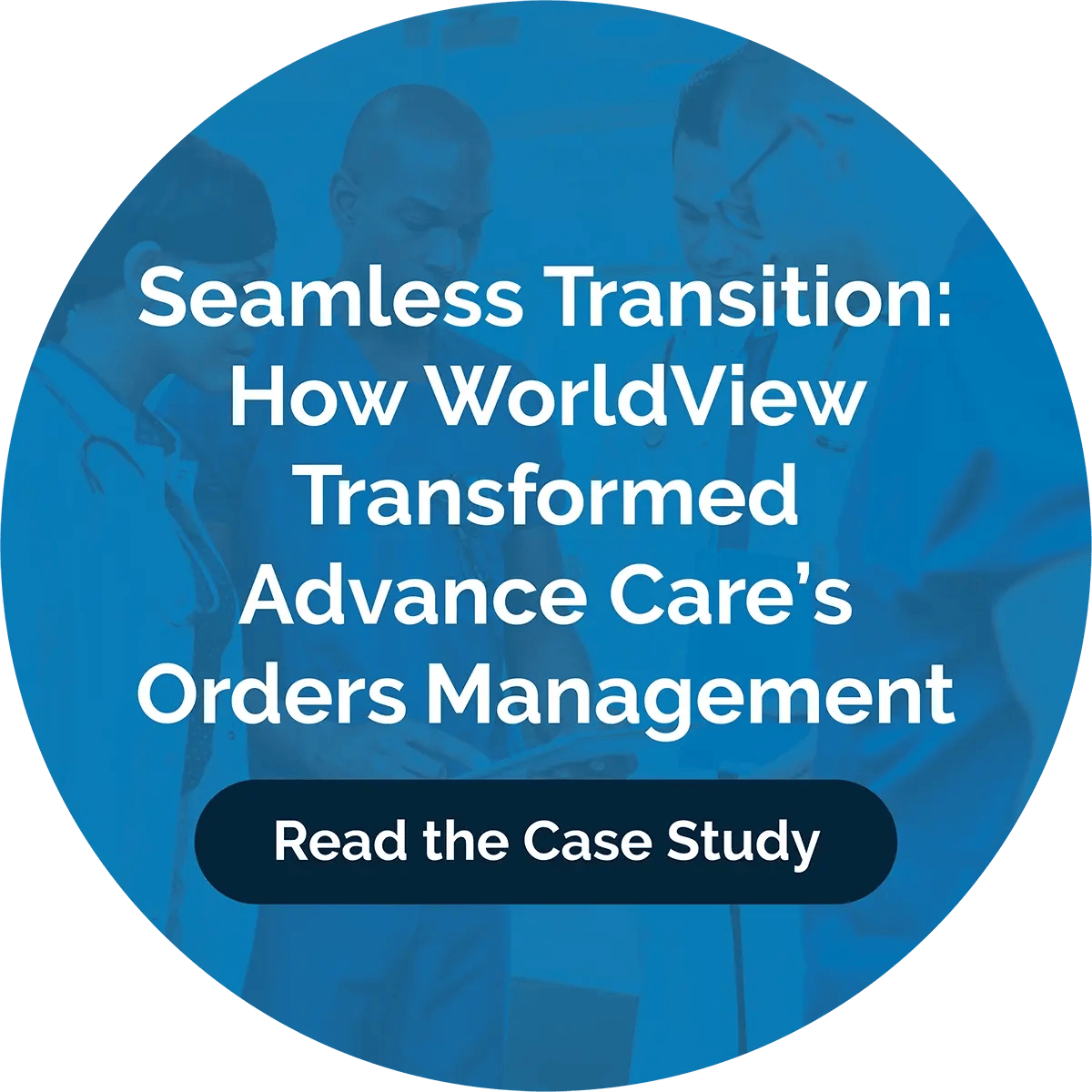3 Reasons a Mobile App is the Right Choice for Home Health and Hospice Agencies

As a field worker in home health and hospice care, you likely have millions of tasks weighing on your mind all the time. Transporting patients from their homes or care facilities to doctor’s appointments and hospitals, communicating with patients’ family members, and keeping track of all patient care information can be overwhelming, even leading to burnout. This is why having the support of reliable, easy-to-use technology that provides consistent access to patient information can make a major difference in the lives of home health care and hospice professionals.
For instance, mobile care software can improve and streamline your workflow. It allows you to communicate with other staff members easily, as well as document changes in a patient’s condition quickly and efficiently. Home health care apps provide a comprehensive healthcare solution that gives home health workers everything they need right at their fingertips — anytime and anywhere.
Helping You Save Time and Deliver Better Care
Using an app for home health care can help providers reduce the time they spend on administrative tasks, so they can spend more time with their patients. Without a reliable mobile technology solution, providers will often be forced to take their laptops or tablets into the field when they visit patients in their homes or doctor’s offices. This creates a risk of data loss and costly downtime, which can hinder patient care.
With advanced home health care apps, you can process patients’ paperwork and communicate with them on your terms — no matter where you are. You can also easily access information about your patients when you’re on-the-go, or even from home.
Basically, a good mobile app streamlines your workflow, allowing you to capture electronic signatures, create e-forms, and snap photos while you’re with your patients. Each of these plays an important role in patient care.
- E-Forms: With e-forms, you can save time by filling out forms at the point of care, rather than having to print them and fill them out later. This also helps make sure that all of your patient information stays organized and accessible. With e-forms, you can spend less time on paperwork and focus on what matters most: The patients.
- Signature Capture: Signing a form on a tablet or smartphone is much quicker than scribbling your name on a piece of paper — especially when you’re busy seeing patients. And with a signature capture feature, you can even scan a signature from paper documents into an electronic health record (EHR) for added convenience.
- Wound Photos: We all know how important it is to monitor wound healing, but sometimes it’s difficult to document the process while caring for the patient simultaneously. That’s why a simple photo capture feature, one that allows you to capture pictures of wounds from any angle, can be so useful.
Simplifying Communications With Secure, HIPAA Compliant Messaging
Mobile care coordination lets providers capture patient information such as vital signs and weight on-site during a visit. They can then send it directly to a computer or mobile device for later use by office staff or healthcare professionals. This reduces paperwork in the office and helps keep everyone organized by:
- Providing an instant backup of patient data during each visit, even if there is a power outage or lack of cell phone service.
- Keeping all information up-to-date and in one place so that no records are lost.
- Providing a secure way for healthcare professionals to communicate with each other about patient care issues outside of regular office hours.
HIPAA compliant mobile scanning lets healthcare providers capture the documents that they need to provide their patients with excellent care, while maintaining strict confidentiality standards.
Protecting Patient Data and Keeping It Secure
As home health and hospice workers, you know how important it is to keep your patients’ data complete and accurate. But what if you’re working in a remote area or cannot access the internet? It’s difficult to perform hospice mobile coordination without a strong internet connection.
It’s especially important to have mobile healthcare communication with Help and Emergency Response (HER) interoperability. In an emergency situation, you need to be able to communicate with staff and patients quickly and effectively, and ensure you’re doing so in accordance with regulations. But storing and accessing a patient’s medical history on just a smartphone can be risky if you don’t use the right tools. Without proper data encryption software or privacy protection measures in place, it’s easy for sensitive information to fall into the wrong hands, which opens you up to compliance and liability issues.
A HIPAA compliant scanner app will ensure you meet the requirements for storing protected health information (PHI) under HIPAA regulations.
Conclusion
We at WorldView developed Mobile Complete as a mobile solution that meets all the needs of healthcare providers. Our goal is to make it easier for healthcare workers to keep track of vital patient information, as we know that keeping patient data accurate and up-to-date is extremely important. Mobile Complete offers a suite of features that make this possible. Check us out today to find out more about how you can take your care to the next level.
Blog Post Tags
HealthcareGet Awesome Content Delivered Straight to Your Inbox!
Posts by topic
- Healthcare
- Business
- AI
- Hospice
- AP Workflows
- Home Care Management
- hospice-care
- General
- Industry Insights
- agency
- Blog
- Commercial
- reporting
- Data Analytics
- billing
- referrals
- News
- Referral AI
- business goals
- Operations
- business development
- partners
- Integration
- Healthcare Trends
- leadership
- Medicare
- Compliance
- audit
- medicaid
- Better Charting
- Home Health Reimbursement
- Medicare Compliance
- regulations
- Application
- Automation
- CMS Updates
- finance
- CRM
- DMSi
- Events
- KanTime
- LUPA Threshold
- Press Release
- Revenue Growth
- home Health Operations
- hospice workflow
- AP Automation for Distributors
- Announcements
- Artificial Intelligence
- EHR
- ESign
- Guides
- Homecare Homebase
- Mobile
- PDGM 2026
- Physician Order Tracking
- accounts payable burnout
- axxess
- clinical
- distribution accounting workflow
- document management
- interoperability
- invoice processing automation
- mobile documentations
- payor
- secure messaging healthcare
- workflow automation See All See Less


.png?width=596&name=19%20(3).png)
.png?width=596&name=23%20(1).png)
.png?width=596&name=1%20(18).png)